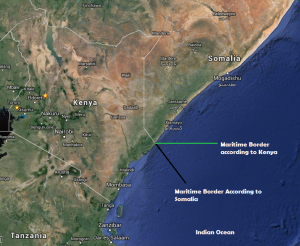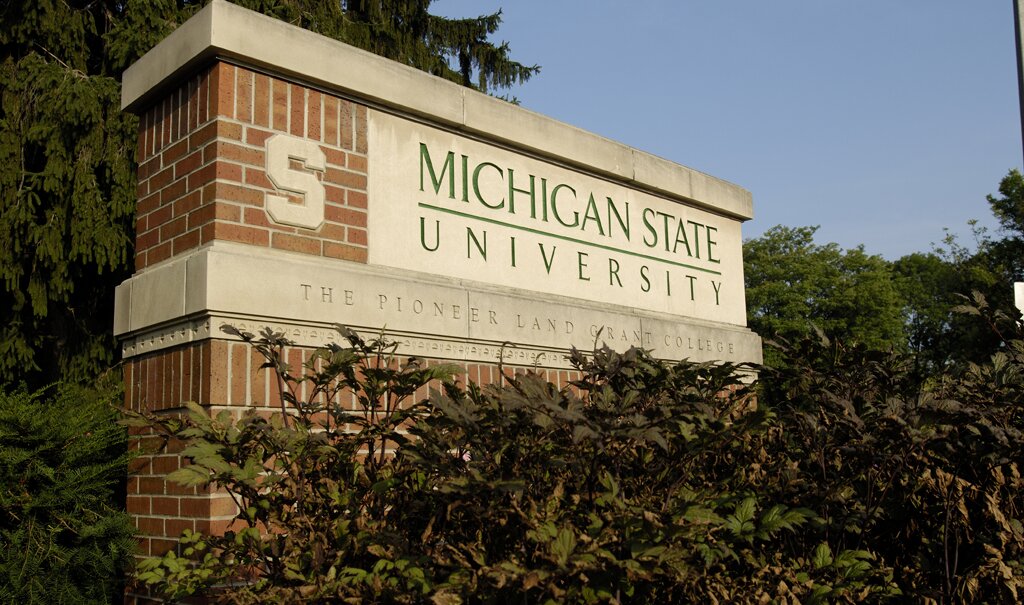Obama defends handling of oil spill

Bartamaha (VENICE):-Barack Obama, the US president, is due to arrive in the state of Louisiana to be updated on efforts to tackle a massive oil spill threatening the coast.Source:- Al-Jazeera
Hundreds of thousands of litres of oil have been pouring from a ruptured well in the Gulf of Mexico since Thursday and there has been increasing criticism of the response of the government and oil giant BP.
On his first stop after driving down to the affected area from the city of New Orleans, Obama spoke with coast guard officials about the impact of the spill on the region’s shipping lanes.
The White House has sent senior administration officials to the region to monitor BP’s attempts to plug the leak and control the slick which is heading for the coasts of Louisiana, Mississippi, Alabama and Florida.
Janet Napolitano, the homeland security secretary, told the “Fox News Sunday” programme that the government was taking an “all hands on deck” approach to the spill.
Pressure on BP
Ken Salazar, the interior secretary, said on Sunday that the administration would keep up its pressure on the oil company.
“Our job basically is to keep the boot on the neck of British Petroleum to carry out the responsibilities they have both under the law and contractually to move forward and stop this spill,” he told CNN’s “State of the Union” programme.
Lamar McKay, BP’s chairman defended his company’s safety record and told ABC’s “This Week” that “a failed piece of equipment” was to blame for the spill.
He said it was impossible to say when the well, which is 1.6km beneath the sea, might be plugged, but that if the company’s submarines were unable to shut off the “blowout preventer” then a metal dome could be deployed within eight days to smother wellhead.Â
Meanwhile, US officials have stopped commercial and recreational fishing for a minimum of 10 days in federal waters affected by the spill, the National Oceanic and Atmospheric Administration (NOAA) said.
The affected waters are largely between the mouth of the Mississippi River in Louisiana and Florida’s Pensacola Bay, the agency said.
“Balancing economic and health concerns, this order closes just those areas that are affected by oil,” NOAA Administrator Jane Lubchenco, said in a statement.
“There should be no health risk in seafood currently in the marketplace.”
Louisiana accounts for an estimated one-third of the country’s total oyster output, and the Gulf of Mexico is prime spawning waters for fish, shrimp and crabs, as well as a major stop for migratory birds.
Wildlife threatened
Government data on Sunday showed that the thickest part of the huge slick had turned northward towards the remote Chandeleur Islands, a chain of uninhabited islets in eastern Louisiana that is an important wildlife area.
The chain of uninhabited islets in eastern Louisiana is prime marsh and wildlife area, but officials said confirmation of any impacts would not be known until an overflight was conducted.
“Basically what it’s showing is that the light sheen is impacting the islands in the Chandeleur Sound,” Petty Officer Matthew Schofield of the coast guard told the AFP news agency.
“What we need to do is get an overflight to confirm that we have a light impact. These are just predictions of oil impacts, we have not been able to confirm them.“
The Chandeleur Islands form the easternmost point of Louisiana and are part of the Breton National Wildlife Refuge, the second oldest refuge in the United States and home to countless endangered brown pelican, least tern, and piping plover.
Recovery workers have been deploying miles of inflatable booms hoping to contain the oil, but strong winds and heavy seas have caused several of the barriers to break loose, washing them onto the shore.
Chemical dispersant is being used underwater in an attempt to tackle the oil as it leaves the broken riser, while remote-controlled subs were trying to activate a “blow out preventer” – a massive undersea valve that should have blocked oil from flowing into the sea when the rig sank.
With efforts to plug the leak so far unsuccessful and worsening weather in the coming days likely to further hamper attempts to plug the leak, fears are growing of an ecological disaster that could rival the 1989 Exxon Valdez tanker spill in Alaska.
That disaster spilled an estimated 40.9 million litres of crude oil into the previously environmentally pristine waters of Prince William Sound, devastating local wildlife.
—————–
Comments
comments
 Calendar
Calendar






































